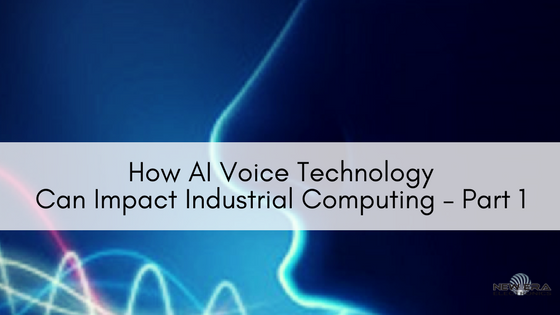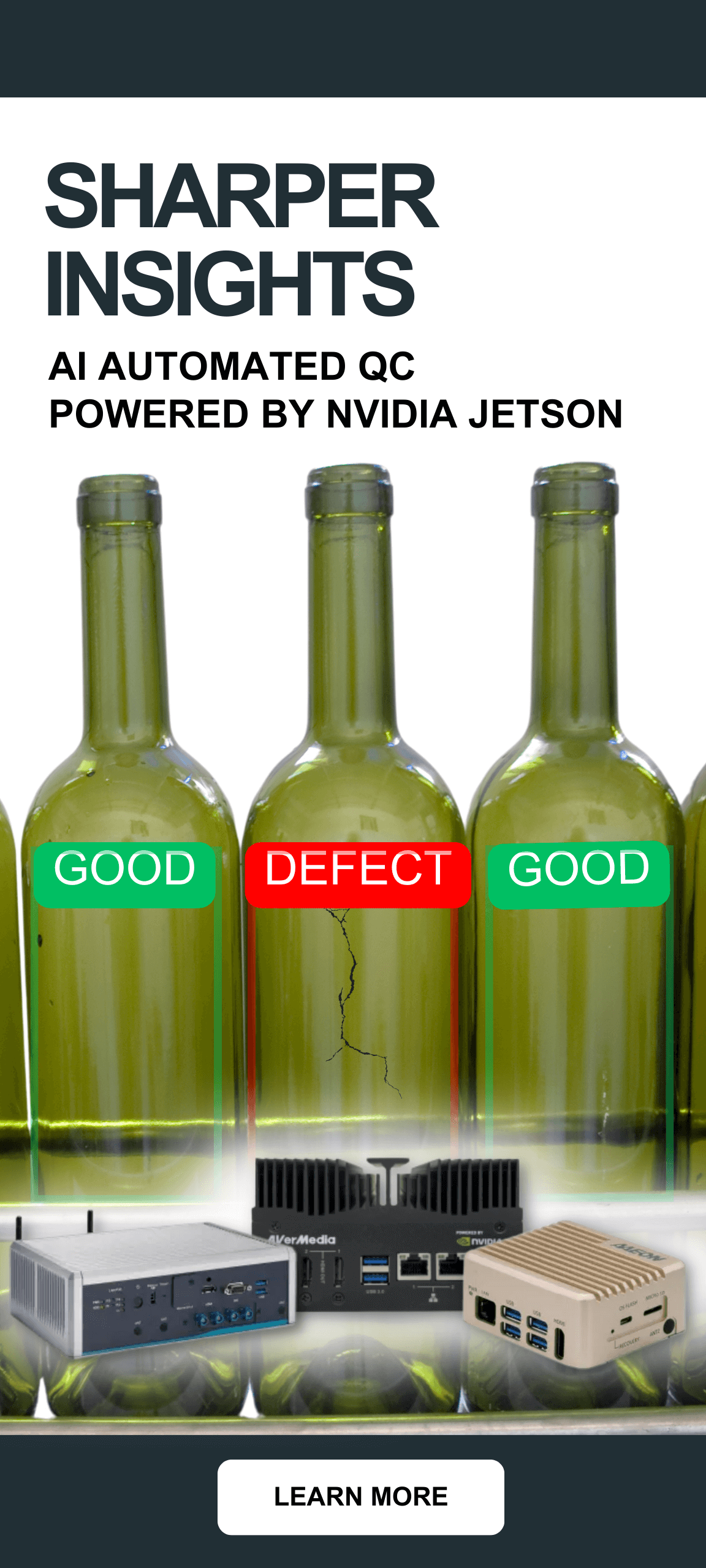
How AI Voice Technology Can Impact Industrial Computing – Part 1
Blog
AI in Lifestyle Management
 Apple introduced artificial intelligence (AI) voice technology in the form of its personal assistant, Siri, over five years ago. Apple has since incorporated Siri in all its devices including iPhones, smart watches and Mac devices.
Apple introduced artificial intelligence (AI) voice technology in the form of its personal assistant, Siri, over five years ago. Apple has since incorporated Siri in all its devices including iPhones, smart watches and Mac devices.
Since then competition has got hotter, with other providers upping their game to provide serious rivalry to Apple. Whereas design innovation has had mostly a mobile-first approach, indications are that this is fast moving to an AI-first approach for smart devices.
Of the major players in this arena, Amazon and Google have developed devices with intelligent assistants based on AI technology.
These devices are designed to assist with home automation. But their potential can extend much farther to where industrial applications for AI technology look incredibly exciting.
Amazon’s Echo Set the Standard
Amazon launched its Echo device to the public in June 2015. It is already an industry standard. Among other things, this smart AI device enables home automation.
Amazon Echo is connected to its intelligent voice-controlled personal assistant called Alexa. It needs a wireless internet connection to function and can be manually disabled or muted.
When you think about the functionality of Echo in the realm of home automation, it’s not hard to picture these capabilities being employed in other industries. If the device can use AI-based voice technology for controlling entertainment, security and HVAC systems within a home, it is quite capable of operating machinery and equipment in manufacturing. The industrial applications for AI technology suddenly look tantalizing, especially as IoT capability is already embedded into a great deal of industrial equipment.
Google Assistant Poised for Bigger Things
Google unveiled Google Assistant in May 2016 as an improvement on Google Now. This virtual personal assistant has raised the stakes through its ability to be conversational. It can even answer with follow-up questions to ensure it understands your query in the right context.
Google Assistant has the ability to learn and record personal details and preferences, even bring up details of previous conversations. In artificial intelligence terms, the more you work with it, the smarter it gets.
Google operates its own AI laboratory for research in this field. It is at the leading edge of technology development and will certainly feature prominently as AI-driven industries become more a part of our lives.
What Does the Future Hold for AI Technology in Industry?
We’ll examine that more closely in part 2 of this blog. There will be many AI technology industrial applications that will enhance safety (imagine being injured on the job and using voice activation to get immediate help), security (like only specific voices will be able to activate certain functions or gain access), law enforcement, efficiency, as well as speedy ordering processes and order changing.
AI is set to provide an easier way for us to interact with technology. Beyond managing our daily personal lives, it will have a much greater impact in industrial applications.
The future of AI is evidenced by the number of other companies entering this market. The battle is on for innovation in AI-based voice interfaces where contenders will be vying to provide the best version of voice assistance. This healthy competition will benefit consumers and industry and ensure rapid growth in this industry.
If you’re looking for a company to assist with the design and development of your AI-based applications, contact an experienced provider of these services and all hardware necessary to build a customized solution for your industrial needs.
Creative Commons Attribution: Permission is granted to repost this article in its entirety with credit to New Era Electronics and a clickable link back to this page.




